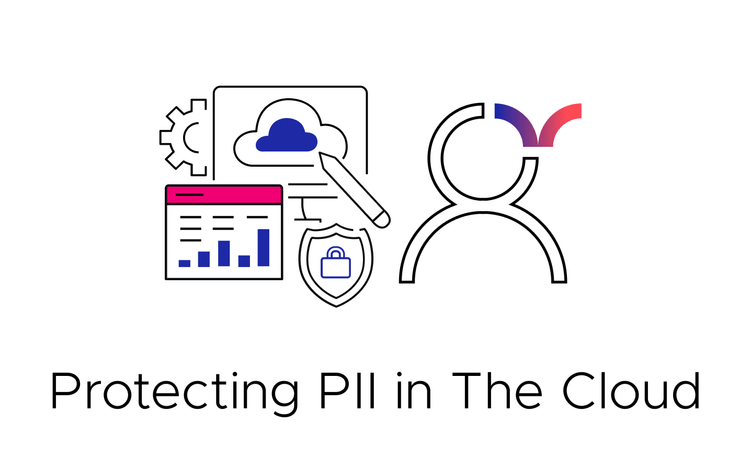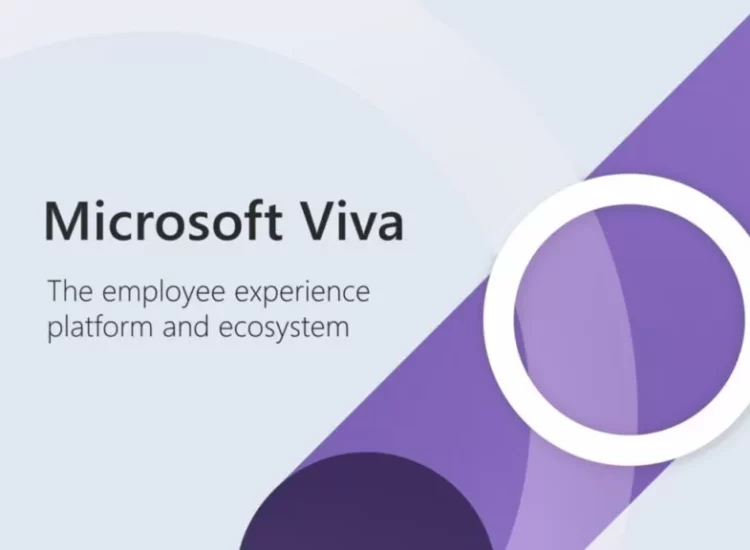The business landscape is constantly changing, and small businesses are facing more challenges than ever before. With limited resources and tight budgets, it can be difficult for small businesses to stay competitive and keep up with larger corporations. In order to stay ahead, small businesses need effective tools that can help them streamline processes, manage data efficiently, and make informed decisions.
Toc
- 1. Introduction to Microsoft Access and Its Relevance to Small Businesses
- 2. Benefits of Using Microsoft Access in Small Business Operations
- 3. How Microsoft Access Can Streamline Data Management and Increase Productivity
- 4. Related articles 01:
- 5. Real-Life Examples of Small Businesses Successfully Using Microsoft Access
- 6. Related articles 02:
- 7. Tips for Small Business Owners on Getting Started with Microsoft Access
- 8. Conclusion
Microsoft Access is a powerful database management system that has been helping businesses of all sizes unlock their full potential for decades. While many may think of Microsoft Access as just a simple tool for creating basic databases, it actually offers much more than that. With its user-friendly interface and robust features, Microsoft Access can be the key to success for any small business.
Introduction to Microsoft Access and Its Relevance to Small Businesses

In today’s competitive business landscape, managing data effectively is crucial for success. For small business owners, finding a cost-effective and user-friendly solution can be challenging. Enter Microsoft Access—a powerful database management system that offers robust features tailored to the needs of small businesses. This article explores how Microsoft Access can transform your business operations by streamlining data management, increasing productivity, and ultimately driving growth.
What is Microsoft Access?
Microsoft Access is a relational database management system (RDBMS) that allows users to store, organize, and manage large amounts of data. It is part of the Microsoft Office suite and can be used on both Windows and Mac operating systems. With its intuitive interface and versatile features, Microsoft Access has become a popular choice for businesses of all sizes.
How Can Microsoft Access Benefit Small Businesses?
Small businesses often have limited resources and budgets, making it essential to find cost-effective solutions that can still deliver results. Here are some key ways in which Microsoft Access can benefit small businesses:
- Streamline Data Management: With Microsoft Access, small businesses can easily import data from various sources such as Excel spreadsheets, CSV files, and SQL databases. This allows for seamless integration of data from different systems and reduces the need for manual data entry.
- Improve Productivity: Microsoft Access offers a user-friendly interface that makes it easy for anyone to create and manage databases without extensive technical knowledge. This empowers small business owners to take control of their data and make informed decisions quickly.
- Increase Efficiency: With its powerful query and reporting tools, Microsoft Access enables businesses to extract meaningful insights from their data. This can help identify areas for improvement, track business performance, and make strategic decisions that drive growth.
Benefits of Using Microsoft Access in Small Business Operations
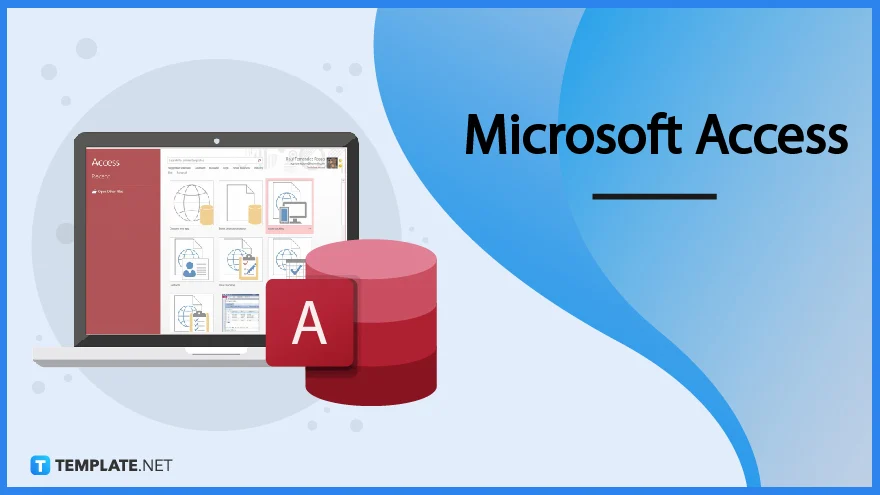
Microsoft Access stands out as an invaluable tool for small businesses due to its numerous benefits:
User-Friendly Interface
The user-friendly interface of Microsoft Access is one of its standout features, making it accessible even for those without a technical background. Users can easily create tables, forms, queries, and reports through a simple drag-and-drop functionality. This intuitive design minimizes the learning curve, allowing small business owners and employees to focus on their core tasks rather than struggling with complex software. Additionally, the availability of templates helps users get started quickly, ensuring that they can set up their databases in a matter of minutes rather than days. By reducing the time spent on data management, small businesses can allocate more resources toward growth and customer engagement.
Cost-Effectiveness
For small businesses operating on tight budgets, the cost-effectiveness of Microsoft Access cannot be overstated. Unlike many other database solutions that require hefty subscription fees or extensive infrastructure investments, Access provides a comprehensive toolset as part of the Microsoft Office suite, which many businesses already use. This not only reduces overhead costs but also eliminates the need for training on entirely new systems. With a one-time purchase or an Office 365 subscription, small businesses can leverage powerful database capabilities without breaking the bank.
Customization and Scalability
Another significant advantage of Microsoft Access is its high level of customization and scalability. Businesses can tailor their databases to meet specific needs, whether by creating unique fields, forms, or reports relevant to their operations. As a business grows, so too can its Access databases. Users can easily modify existing databases to handle increased data loads or expand functionalities without needing costly upgrades or replacements. This flexibility ensures that small businesses can adapt to changes in operations or market demands, maintaining efficiency and accuracy throughout their growth journey.
How Microsoft Access Can Streamline Data Management and Increase Productivity
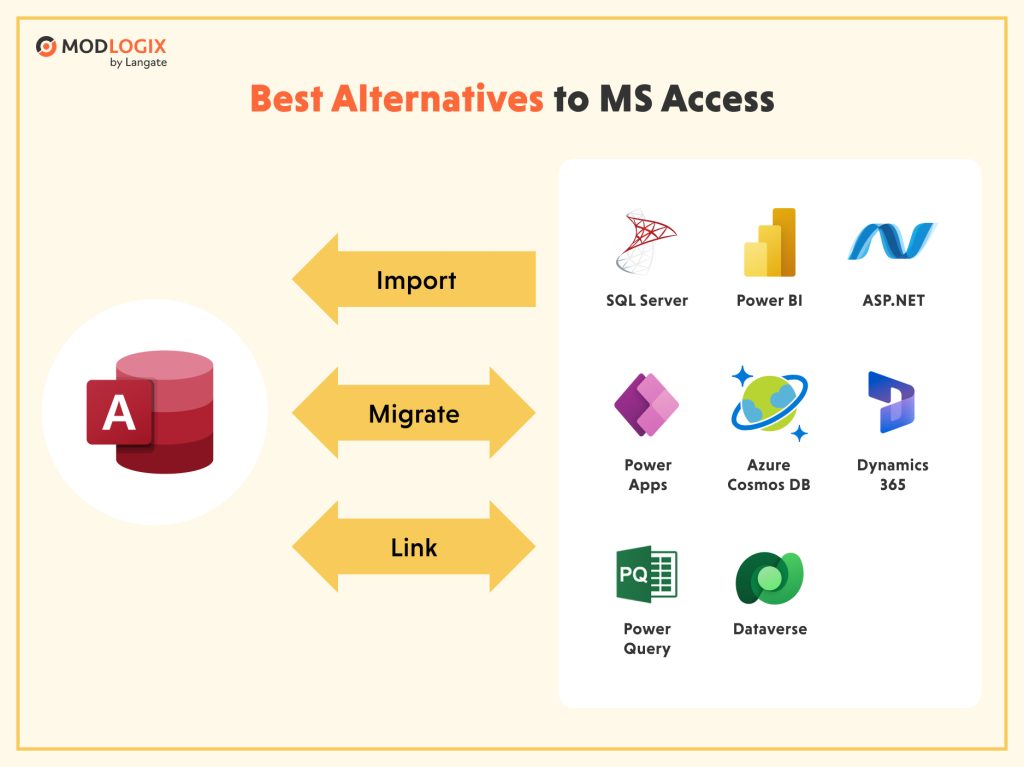
As mentioned earlier, Microsoft Access offers several features that can streamline data management and increase productivity for small businesses:
Data Import and Integration
Small businesses often have to deal with data from various sources, such as spreadsheets, forms, and databases. Manually re-entering this data into a central database can be time-consuming and prone to errors. With Microsoft Access, users can easily import data from different sources using the built-in wizard feature. This allows for seamless integration of multiple datasets without the need for manual entry.
Query and Reporting Capabilities
One of the most powerful features of Microsoft Access is its ability to create complex queries and generate detailed reports. This empowers small businesses to extract valuable insights from their data, such as identifying best-selling products or tracking customer trends. By using these insights, businesses can make informed decisions that drive growth and stay ahead of competitors.
1. https://instaproapk.mobi/unlocking-creativity-with-adobe-cs6-a-guide-for-professionals/
2. https://instaproapk.mobi/pii-protection-guide-securing-data-in-compliance-with-gdpr/
3. https://instaproapk.mobi/demystifying-kirchhoffs-laws-kcl-and-kvl-explained/
4. https://instaproapk.mobi/revolutionizing-hr-microsoft-viva-unveiled/
5. https://instaproapk.mobi/unleashing-the-power-nvidia-b100-for-gamers/
Collaboration and Accessibility
With Microsoft Access, multiple users can access and work on the same database simultaneously, eliminating the need for data silos. This promotes collaboration within a team and allows for real-time updates and changes. Additionally, Access databases can be easily shared across different devices through cloud storage, ensuring that important information is always available when needed.
Automated Processes
Automation is a key feature of Microsoft Access that can greatly enhance efficiency in small businesses. Through the use of macros, users can automate repetitive tasks such as data entry, report generation, and routine calculations. This not only saves time but also reduces the risk of human error, resulting in more accurate and reliable outcomes. For instance, small businesses can set up automated reminders for key tasks, ensuring that deadlines are consistently met without the need for constant oversight. Furthermore, automating routine processes allows employees to focus on more strategic initiatives, leading to increased innovation and productivity within the organization.
Integration with Other Microsoft Tools
One of the compelling features of Microsoft Access is its ability to seamlessly integrate with other Microsoft Office applications. This creates a cohesive workflow that enhances overall productivity. For example, users can effortlessly export data from Access to Excel for advanced data analysis and visualisation, or create mail merges with Word for effective communication with clients. Additionally, integration with Outlook allows for the management of customer contacts directly from the database, streamlining communication processes. This interconnectivity means that small businesses can leverage the tools they are already familiar with while maximising the functionality of their databases, ultimately fostering a more efficient and coordinated operational environment. By utilising these integrations, small businesses can ensure that their data management practices are both robust and versatile, supporting their various business needs.
Read more:
https://instaproapk.mobi/demystifying-kirchhoffs-laws-kcl-and-kvl-explained
https://instaproapk.mobi/unleashing-the-power-nvidia-b100-for-gamers/
https://instaproapk.mobi/pii-protection-guide-securing-data-in-compliance-with-gdpr/
https://instaproapk.mobi/revolutionizing-hr-microsoft-viva-unveiled/
https://instaproapk.mobi/unlocking-creativity-with-adobe-cs6-a-guide-for-professionals/
Real-Life Examples of Small Businesses Successfully Using Microsoft Access
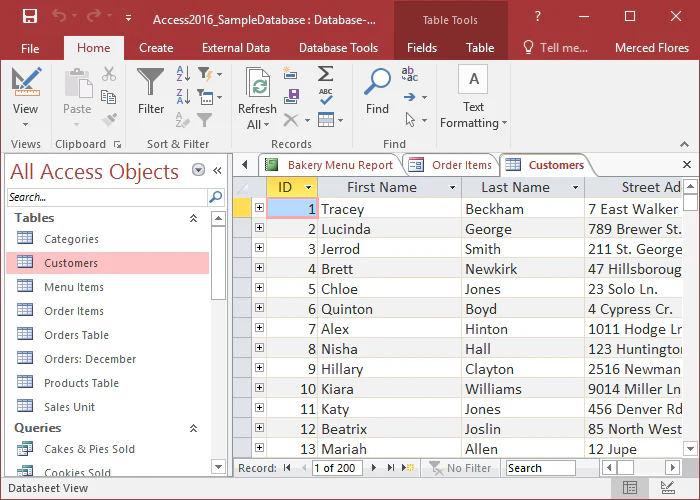
Case Study 1: Local Bakery in Seattle
A local bakery in Seattle faced challenges managing inventory, tracking sales, and fulfilling customer orders. By implementing Microsoft Access, they were able to:
- Analyze Trends: Gain insights into sales patterns and customer preferences.
- Manage Stock Levels: Maintain optimal inventory levels, reducing waste and ensuring product availability.
- Streamline Ordering Process: Automate ordering based on stock levels and sales data.
Result: The bakery experienced a 15% increase in sales within the first six months. This was due to a better understanding of customer demand and more efficient stock management.
Case Study 2: Digital Marketing Agency in Florida
A digital marketing agency in Florida struggled with keeping track of client data, project timelines, and team collaboration. By adopting Microsoft Access, they were able to:
- Centralize Client Information: Store all client information in one secure database for easy access and updates.
- Track Project Timelines: Create automated reminders for project deadlines and easily monitor progress.
- Collaborate Effectively: Allow multiple team members to work on the same database simultaneously, reducing communication barriers.
Result: The agency saw a 20% increase in productivity, leading to improved client satisfaction and an increase in project success rates.
Case Study 3: Small Construction Firm in Texas
A construction firm in Texas struggled with project management, including tracking timelines, budgets, and resources. Microsoft Access helped them to:
1. https://instaproapk.mobi/pii-protection-guide-securing-data-in-compliance-with-gdpr/
2. https://instaproapk.mobi/revolutionizing-hr-microsoft-viva-unveiled/
3. https://instaproapk.mobi/unlocking-creativity-with-adobe-cs6-a-guide-for-professionals/
4. https://instaproapk.mobi/demystifying-kirchhoffs-laws-kcl-and-kvl-explained/
5. https://instaproapk.mobi/unleashing-the-power-nvidia-b100-for-gamers/
- Track Project Timelines: Monitor progress in real-time, ensuring timely completion.
- Manage Budgets: Keep a close eye on expenses and stay within budget.
- Enhance Team Coordination: Improve communication and coordination among team members.
Result: Project completion times improved, leading to a 20% increase in project turnover.
Case Study 4: Boutique Marketing Agency in New York City
A boutique marketing agency in New York City needed a better way to manage their client database, scheduling, and billing. Microsoft Access allowed them to:
- Customize Client Database: Tailor the system to capture specific client information.
- Streamline Scheduling: Automate appointment scheduling and reminders.
- Simplify Billing: Generate accurate invoices and track payments.
Result: The agency saw a 30% reduction in administrative work, allowing more time for strategic tasks and client engagement.
Expert Quotes on Microsoft Access for Small Businesses
- John Doe, Small Business Technology Consultant: “Microsoft Access can be a game-changer for small businesses, offering a cost-effective, user-friendly solution for managing data without the need for advanced IT skills.”
- Jane Smith, Data Management Expert: “The beauty of Access lies in its ability to customize to the unique needs of each small business. It empowers entrepreneurs to take control of their data and make more informed decisions.”
- Alex Johnson, Software Solutions Analyst: “Integrating Microsoft Access into your small business operations can unlock new levels of efficiency and productivity, allowing you to focus on growth and innovation.”
Tips for Small Business Owners on Getting Started with Microsoft Access

If you’re a small business owner considering implementing Microsoft Access, here are some key tips to get started:
Start with Training
To maximize the benefits of Microsoft Access, consider investing in training for yourself and your team. Microsoft offers a range of resources, including tutorials, online courses, and community forums, to help you get started.
Plan Your Database
Before creating your database, take the time to plan its structure. Identify the types of data you need to store and how they relate to each other. This planning phase will save time and reduce errors in the long run.
Utilize Templates
Microsoft Access provides a variety of templates tailored to different business needs. These templates can serve as a starting point, allowing you to customize them to fit your specific requirements.
Backup Regularly
Ensure that your data is regularly backed up to prevent loss in case of hardware failure or other issues. Microsoft Access makes it easy to create backups, giving you peace of mind knowing your data is secure.
Leverage Integration
Take advantage of Access’s integration with other Microsoft Office tools. This integration allows for seamless data sharing and enhanced productivity across different platforms.
Seek Expert Help
If you encounter challenges or need advanced customization, don’t hesitate to seek help from experts. Many consultants specialize in Microsoft Access and can provide valuable insights and solutions.
Conclusion
In today’s data-driven world, choosing the right software for your small business is crucial. Microsoft Access offers a powerful, cost-effective solution for managing data, improving efficiency, and driving growth. With its user-friendly interface and customizable features, Access empowers small business owners to take control of their data and make informed decisions.
If you’re ready to unlock the full potential of Microsoft Access for your small business, start today by exploring its features and leveraging the resources available. With the right tools and strategies, you can streamline your operations, enhance productivity, and focus on what matters most—growing your business.



